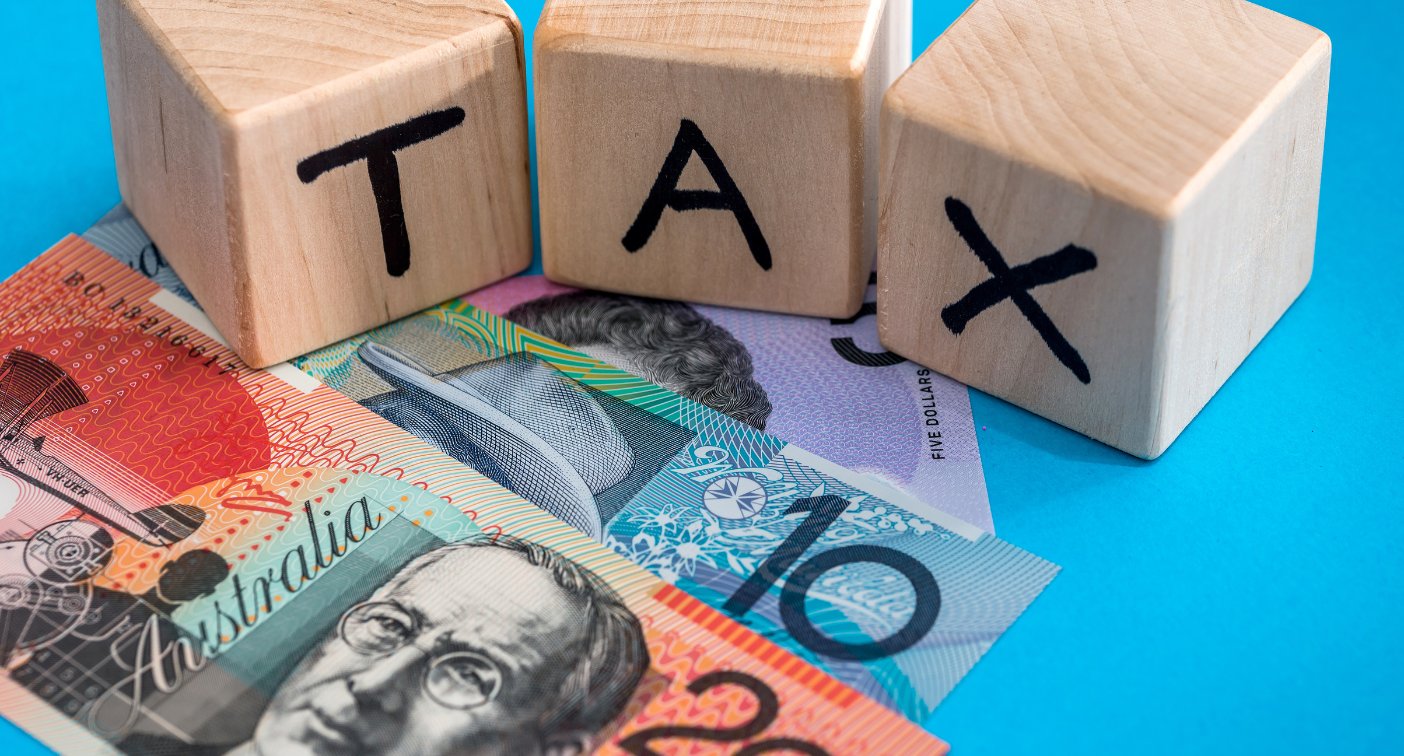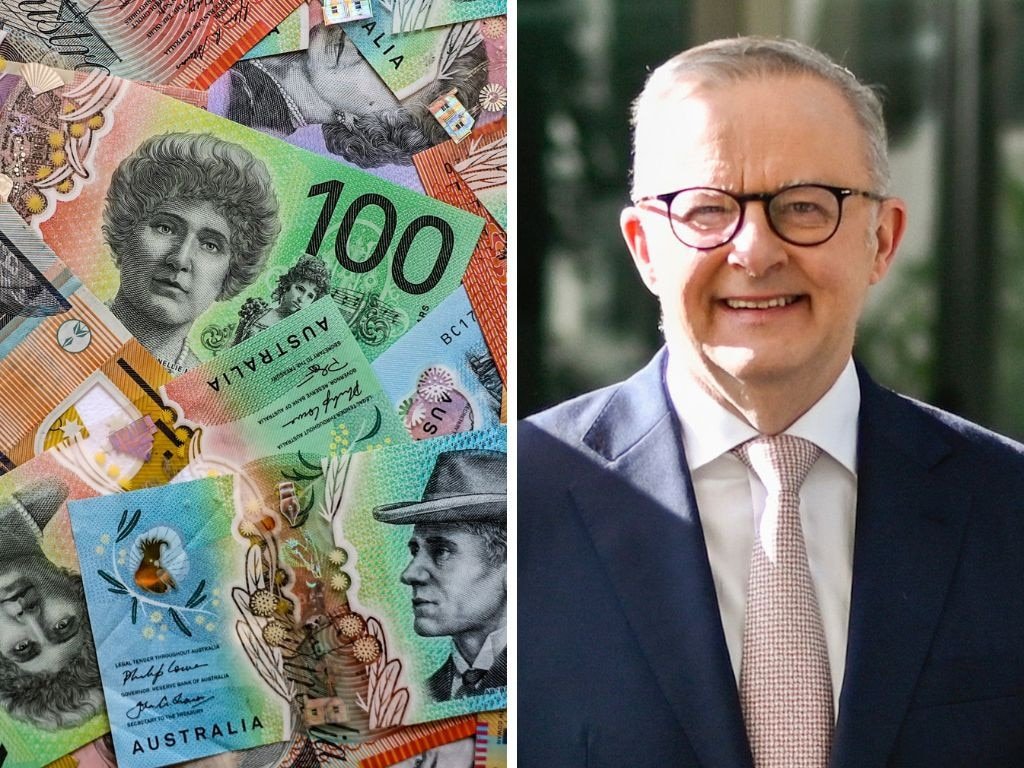Australian Think Tank Proposes Wealth Tax Reforms to Raise $70 Billion Annually
The report, titled “Three Ways Australia Can Tax Wealth Better,” proposes a 2% wealth tax on individuals worth over $5 million, excluding the family home and superannuation, which would raise $41 billion annually.
It also suggests reintroducing an inheritance tax, similar to those that existed in the 1960s and 1970s, which would generate $10 billion per year and help reduce intergenerational inequality.
Furthermore, the report recommends abolishing the capital gains tax discount, which would not only raise an additional $19 billion per year but also make property more affordable for those currently priced out of the market.
According to Matt Grudnoff, Senior Economist at The Australia Institute, these reforms would correct Australia’s inadequate taxation of wealth and reduce growing inequality in the country.

Background: Australia’s Low-Tax Environment
Australia is one of the few developed economies without a wealth tax or inheritance tax.
The report notes that many countries, including the US, UK, Japan, and most of Europe, have implemented these types of taxes to raise revenue and address wealth disparities.
By introducing similar measures, Australia could generate significant revenue for essential public services such as healthcare, education, and housing.
Expert Insights and Next Steps
“Correcting Australia’s inadequate taxation of wealth would raise huge amounts of extra revenue for essential services and ease growing inequality,” said Grudnoff.
“These are not radical ideas.
If we want well-funded schools and hospitals, decent and affordable housing, and a fair welfare system, we can have them.”
The report’s release coincides with Treasurer Jim Chalmers’ Economic Reform Roundtable, which aims to address the need for increased tax revenue to fund essential public services.
The Australia Institute’s proposals offer a potential solution to this challenge and are likely to spark further discussion on tax reform in the country.

